Search
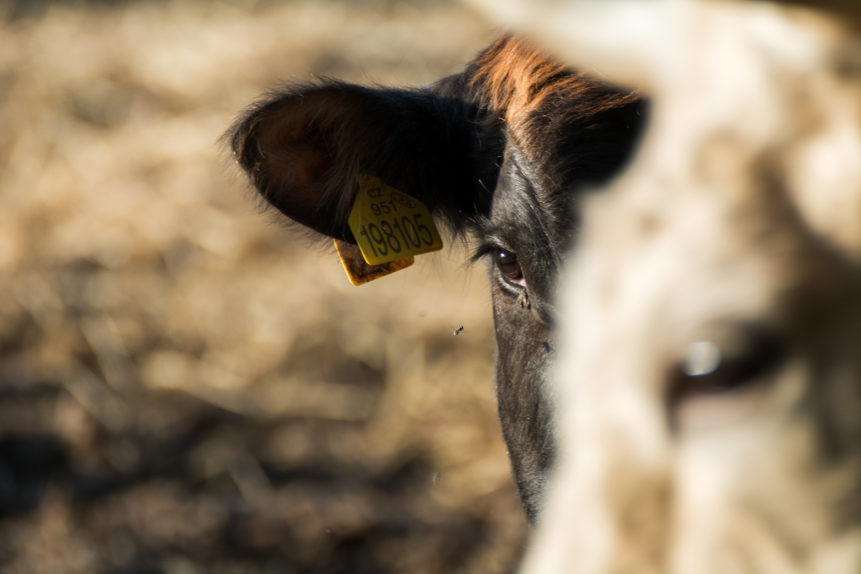
Lingering Health Effects in Cows and Bulls Following a Harsh Winter and Spring
While mortality directly due to harsh winter weather is much more likely in calves rather than adult cattle, older animals can be affected too, and some of those effects might linger into the days of better weather and warmer temperatures.
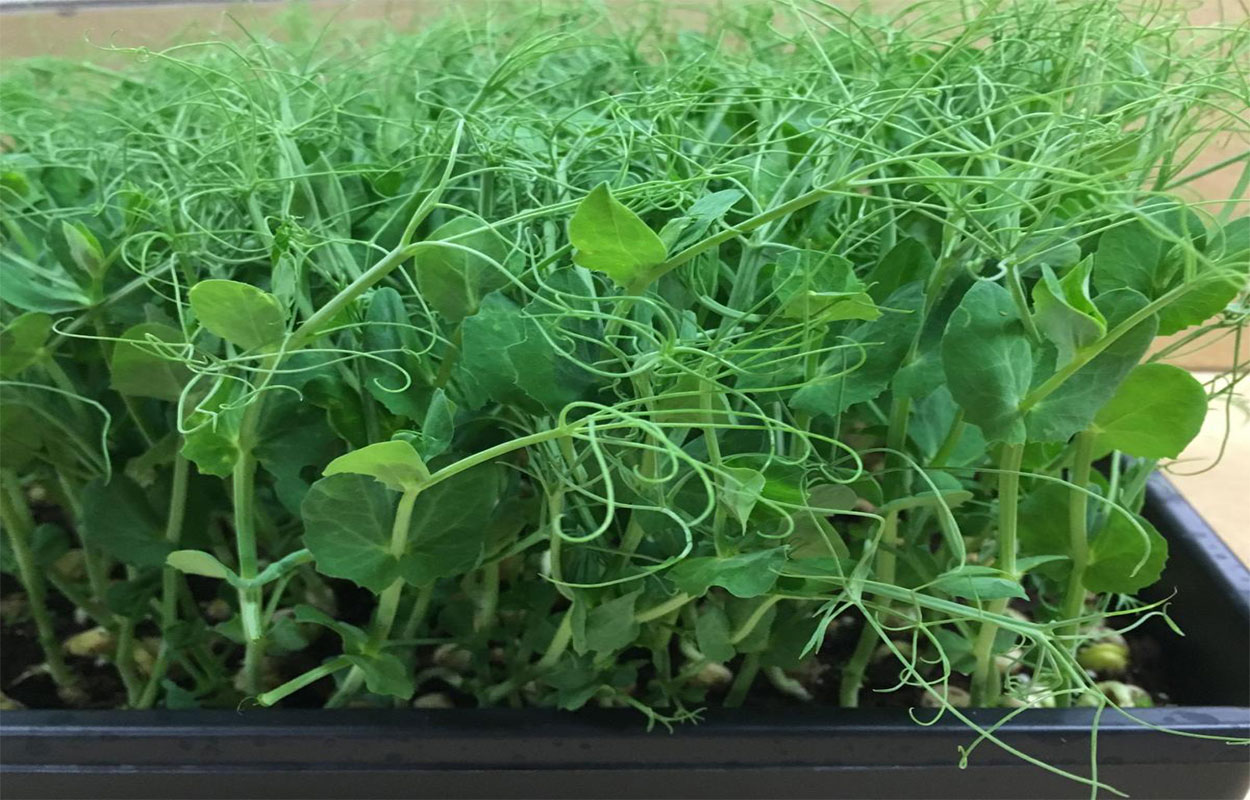
Growing Microgreens at Home
The fall through early spring season can provide an opportunity to grow certain food indoors. Growing microgreens can be an excellent way to add nutritious, fresh vegetables to your diet without taking up a lot of space in your home.
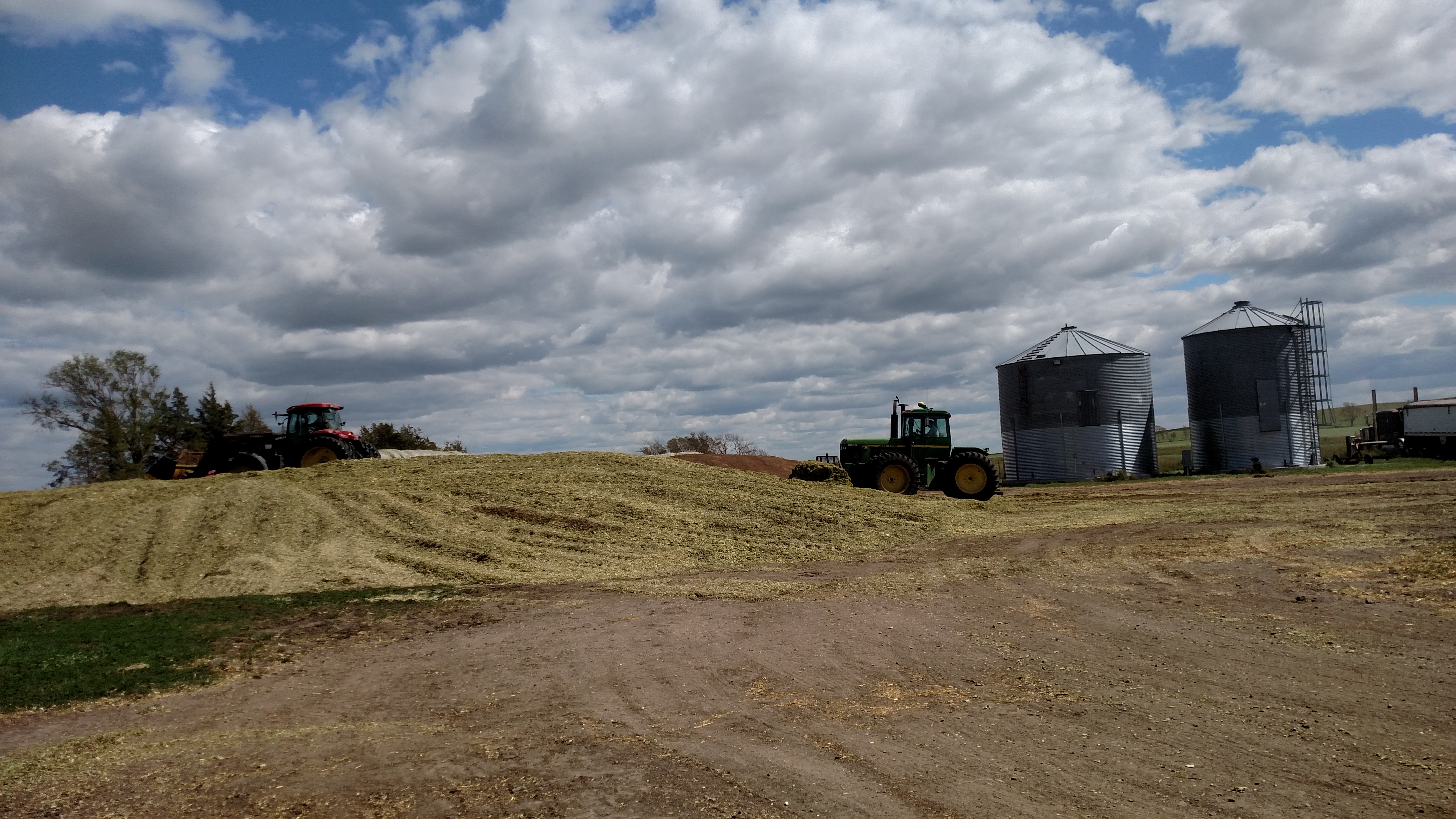
Salvaging for Silage: Tips to Minimize Loss, Maximize Value
August 09, 2021
With South Dakota rangeland and pastures rated 84% poor to very poor across the state, many cattle producers may be thinking about putting up silage for a feed source.

Rotational Grazing During Winter
Winter feed represents one of the largest costs for a livestock production enterprise. Grazing pasture that has been stockpiled for winter use is a rational alternative to limit costs resulting from both harvest and feeding of hay.
Saturated Buffer Performance, Challenges and a Path Forward
What are the challenges of a saturated buffer and can they work in other states?
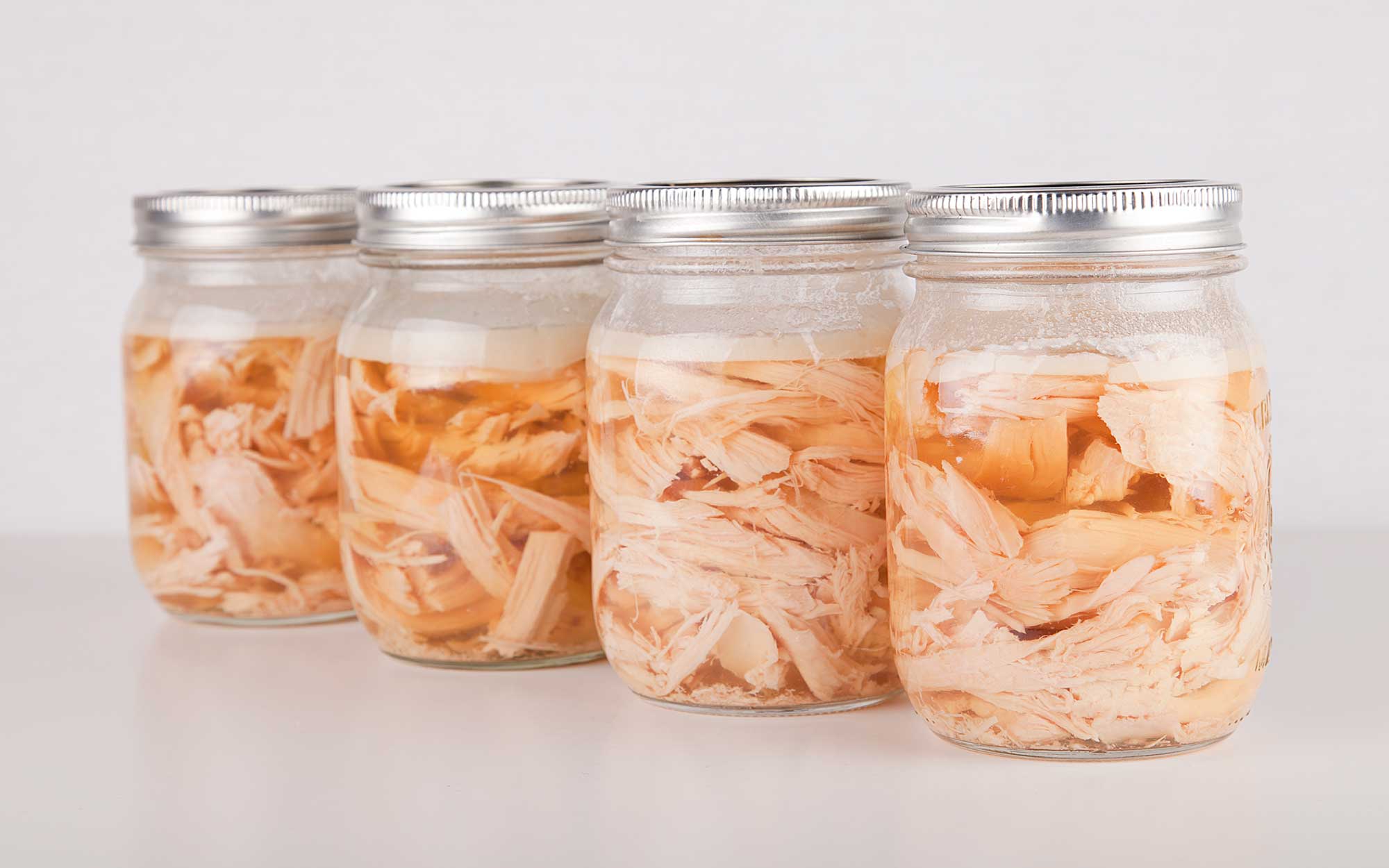
Canned Chicken (Boneless)
Try this research-tested recipe for canned, boneless chicken courtesy of the National Center for Home Food Preservation.
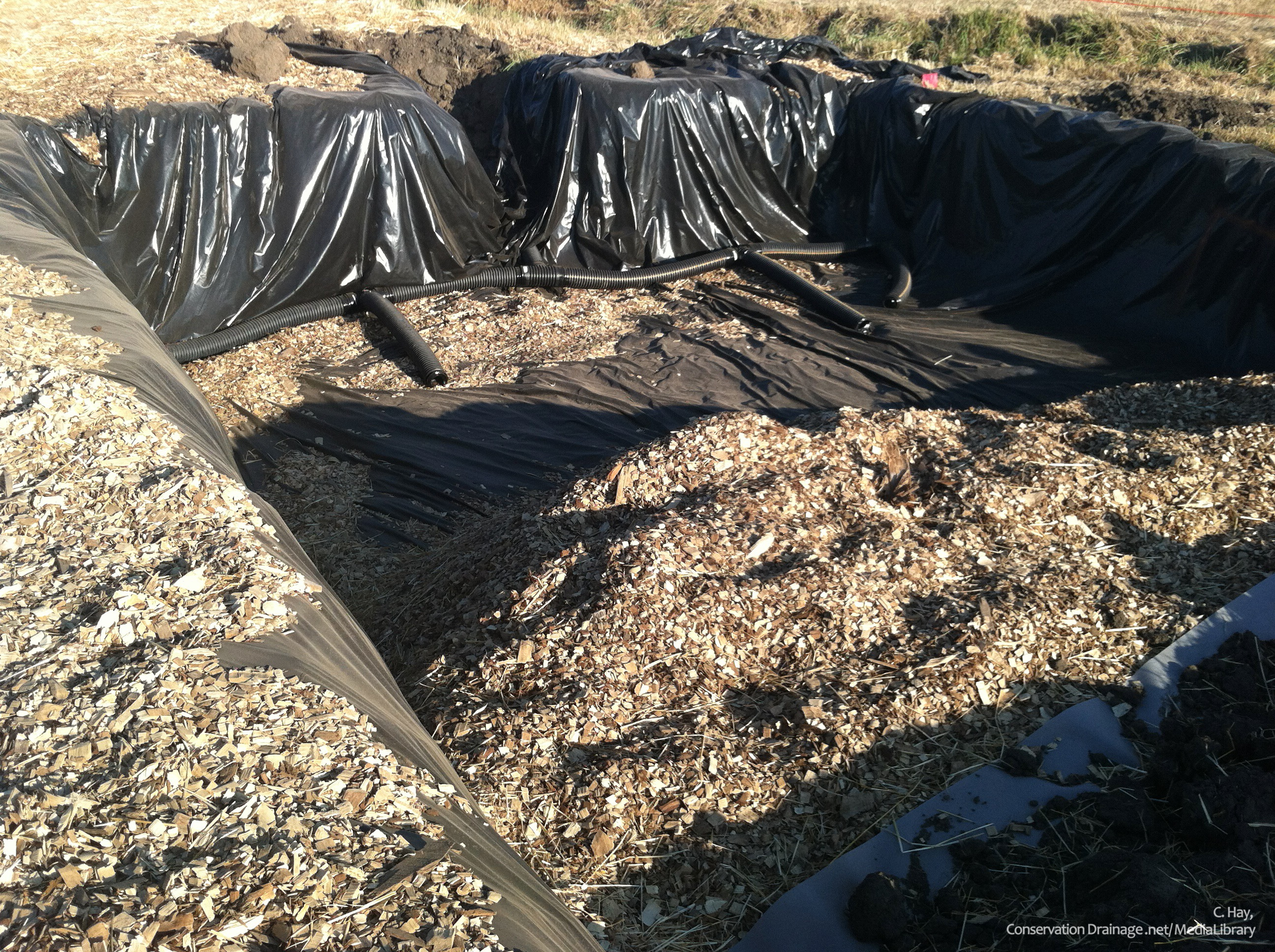
Bioreactors and Your Bottom Line
Why are bioreactors unpopular and what can we do to incentivize farmers to put them in?

Subsurface Drip Irrigation: Worth the Investment?
What is subsurface drip irrigation, and how does it differ from subirrigation?
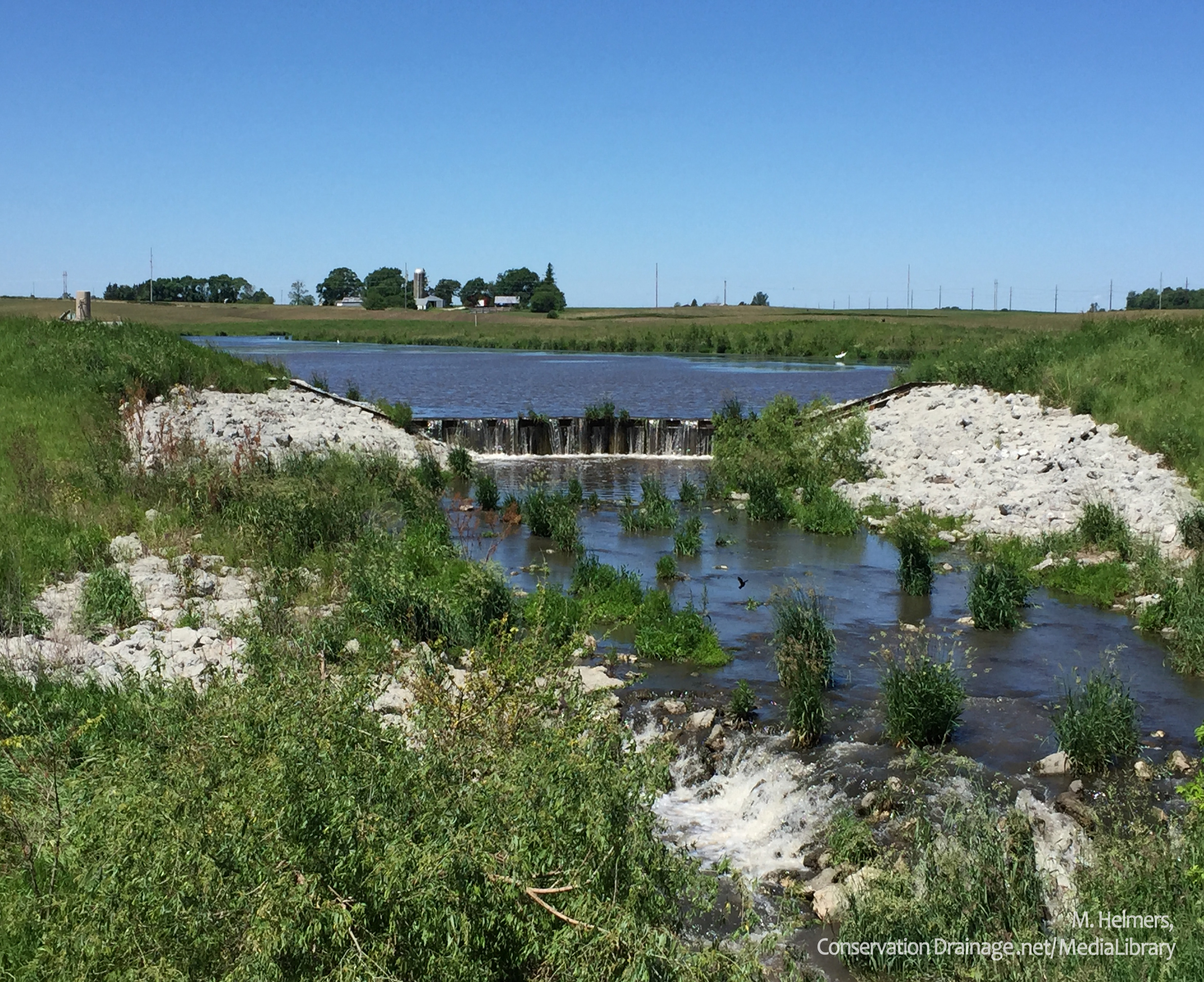
Constructed Wetlands: Engineering Nature’s Filter
How do constructed wetlands emulate the natural process of a wetland? In what ways do the different designs of a constructed wetland have to meet the needs of the area?
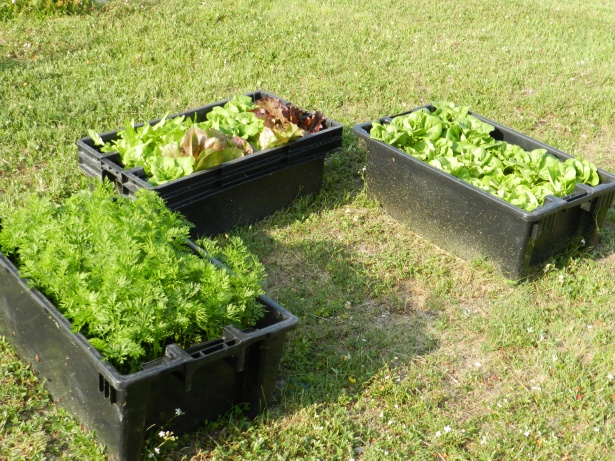
Early Spring Gardeners Prepare to Plant Cool Season Vegetables
The early spring weather has vegetable gardeners ready to proceed with caution into planting the first round of vegetables in South Dakota. Cool season vegetables are those that prefer cool growing temperatures between 60 degrees to 80 degrees Fahrenheit and lose quality in hot weather.